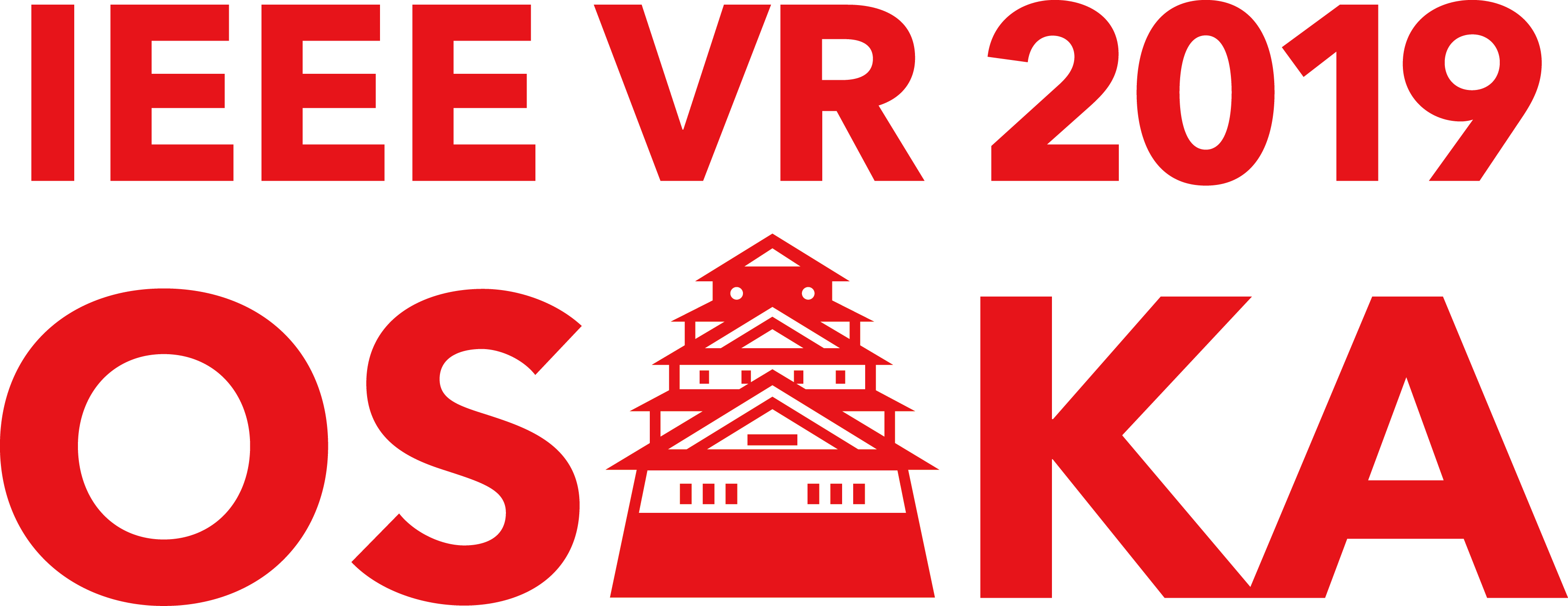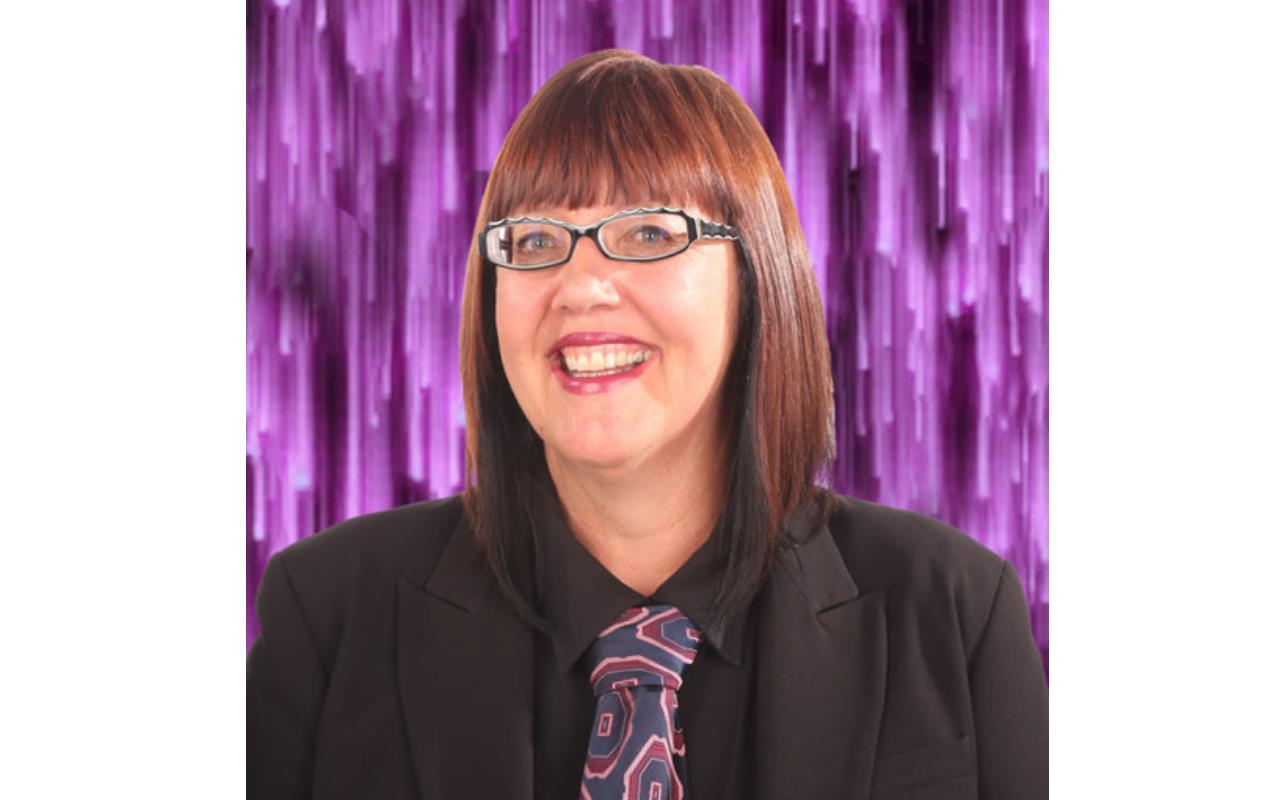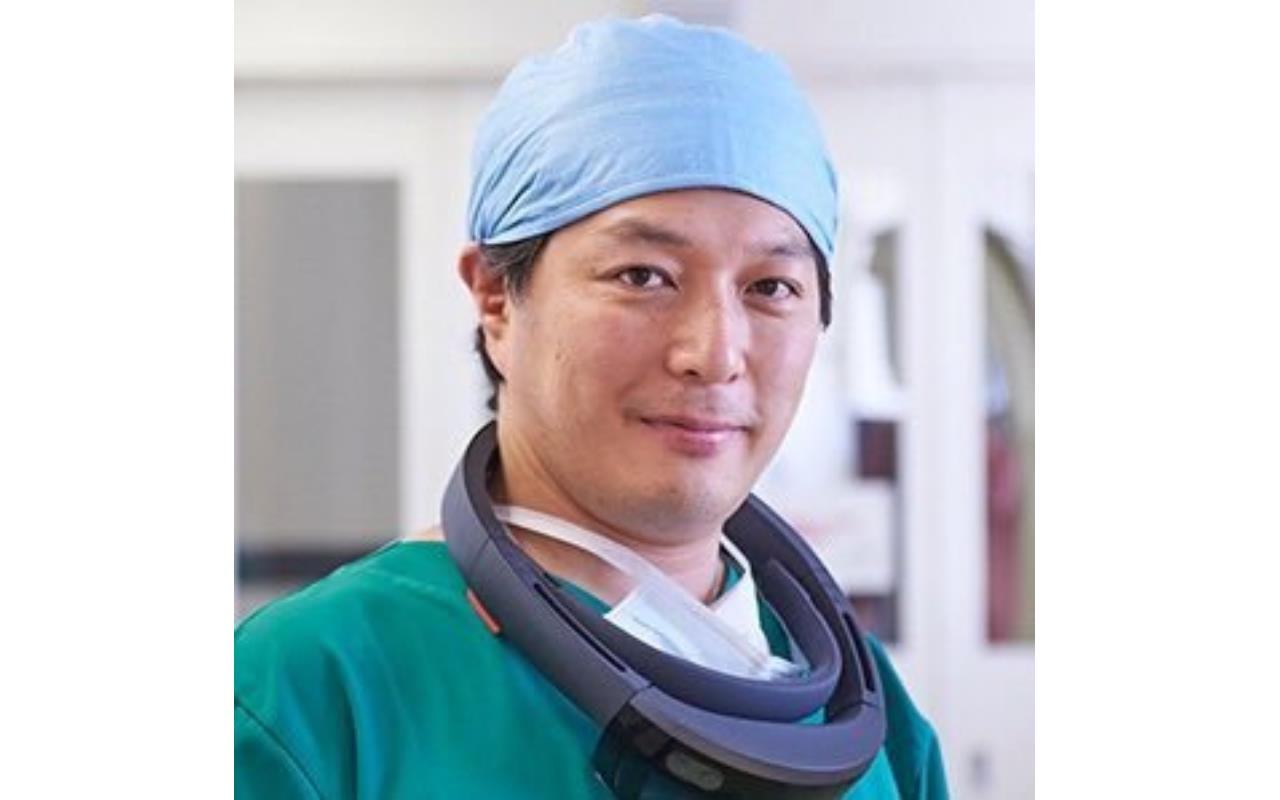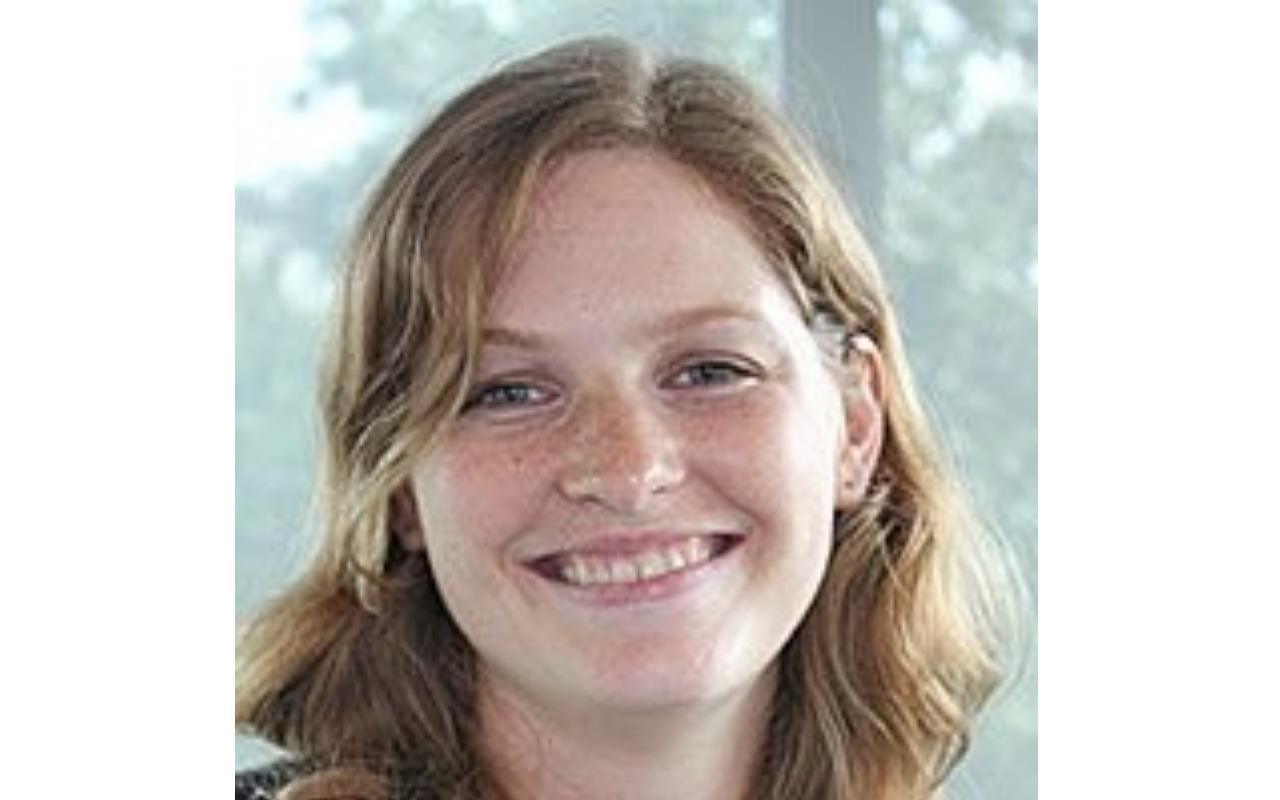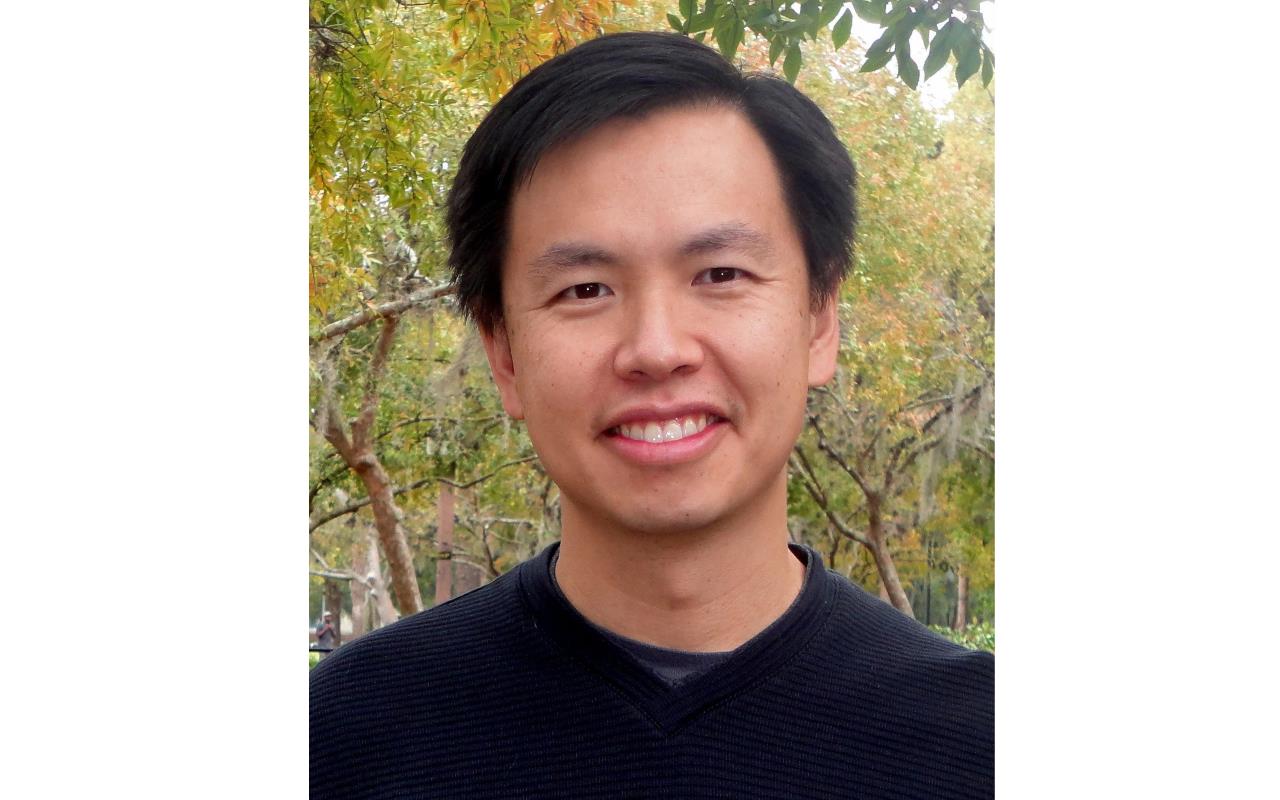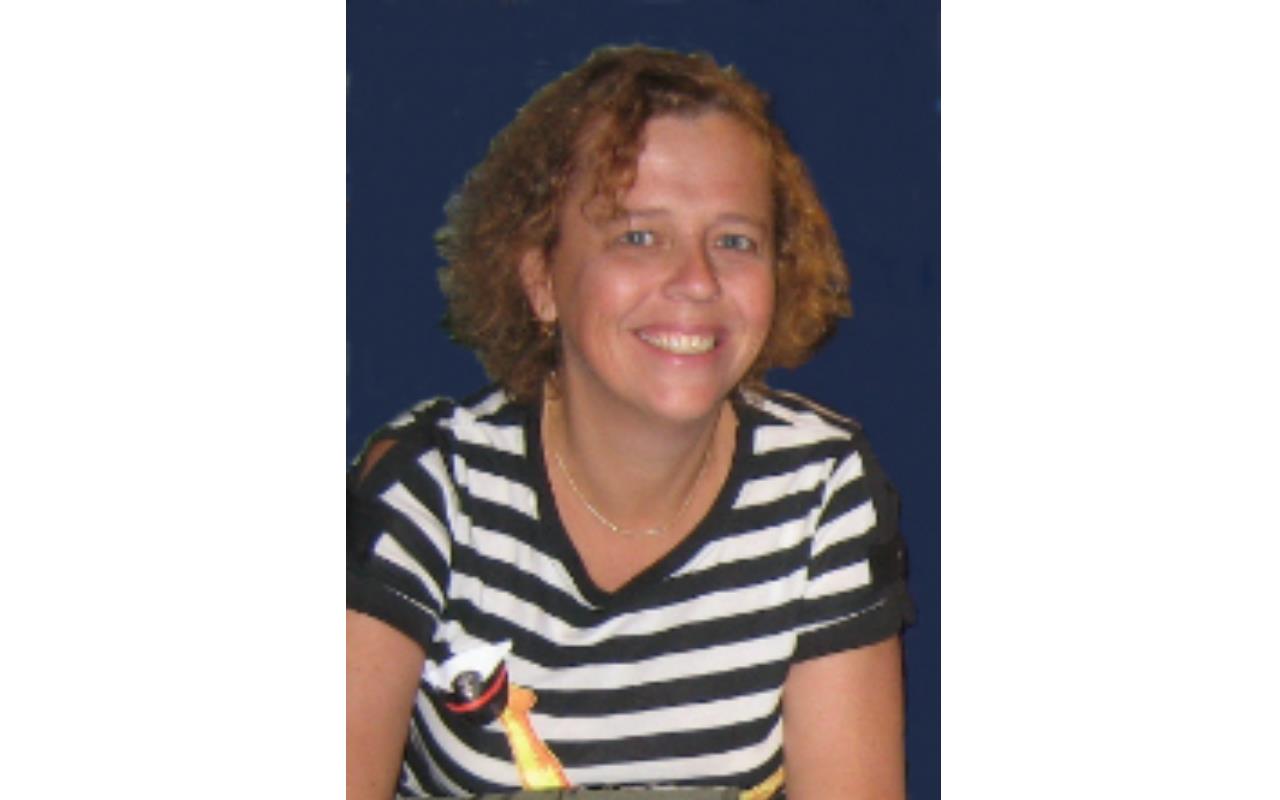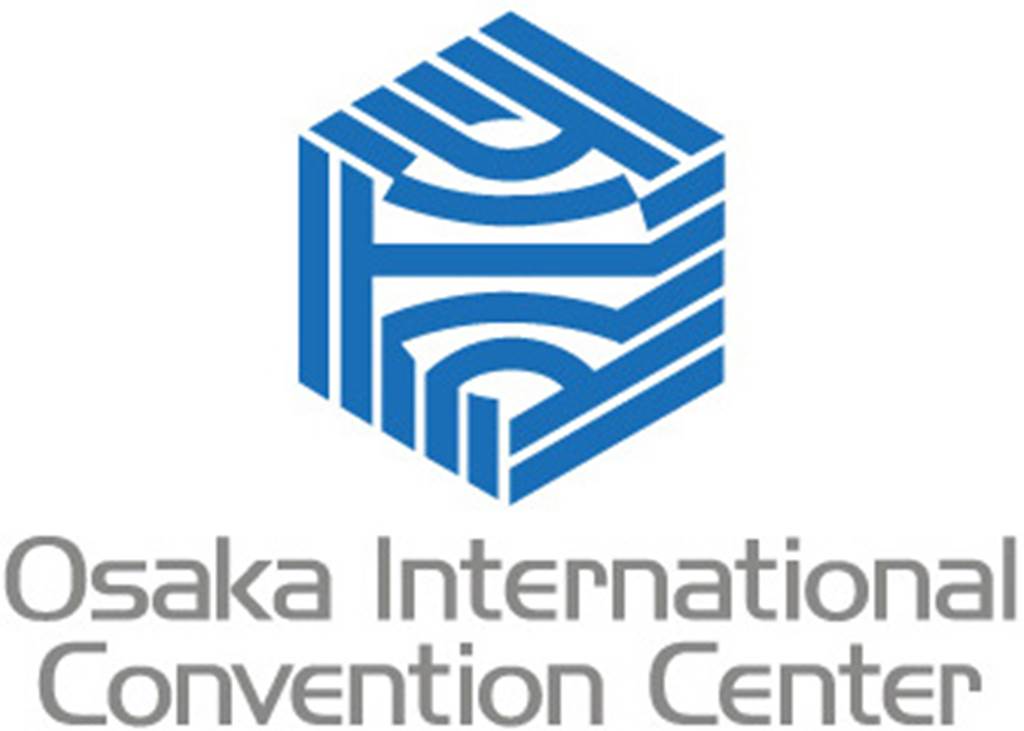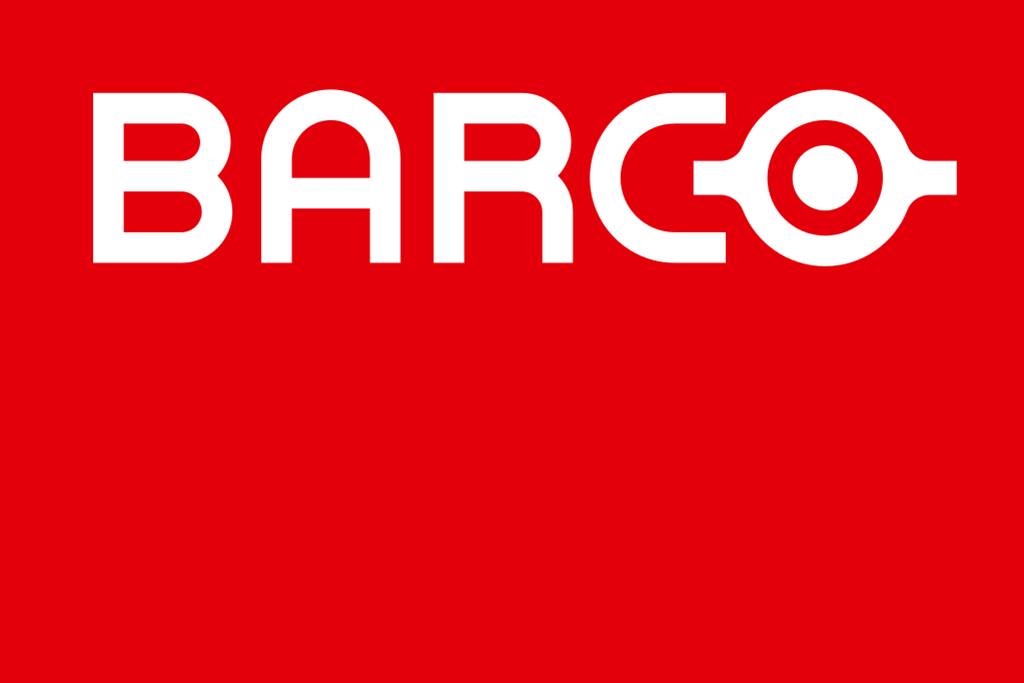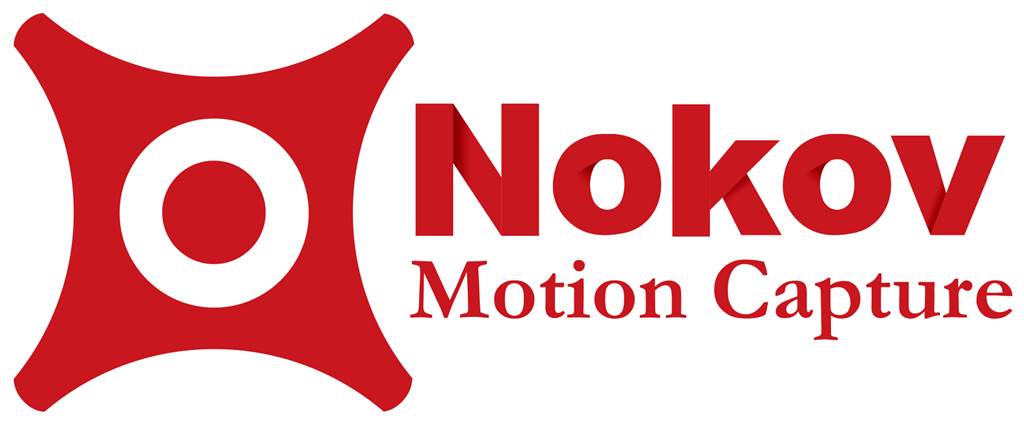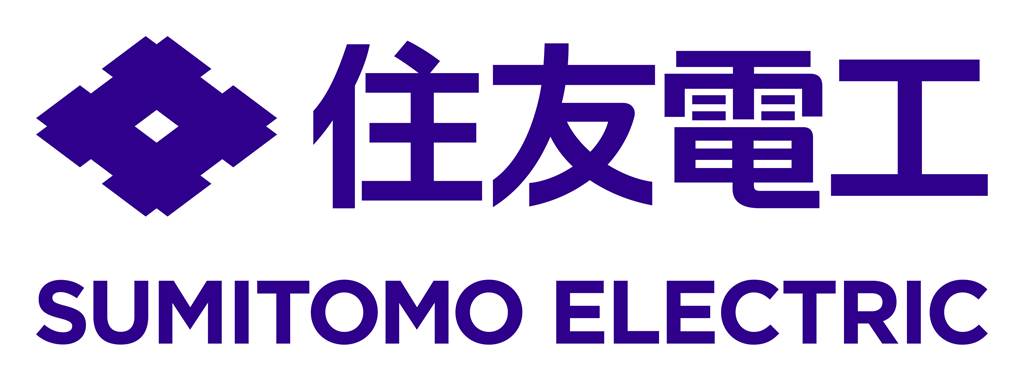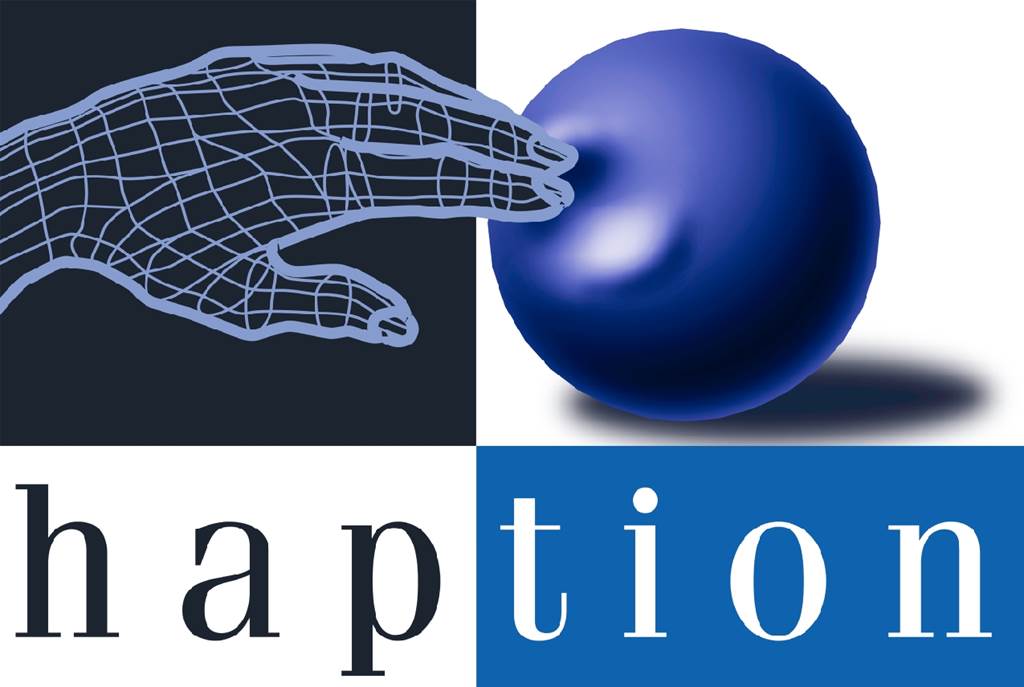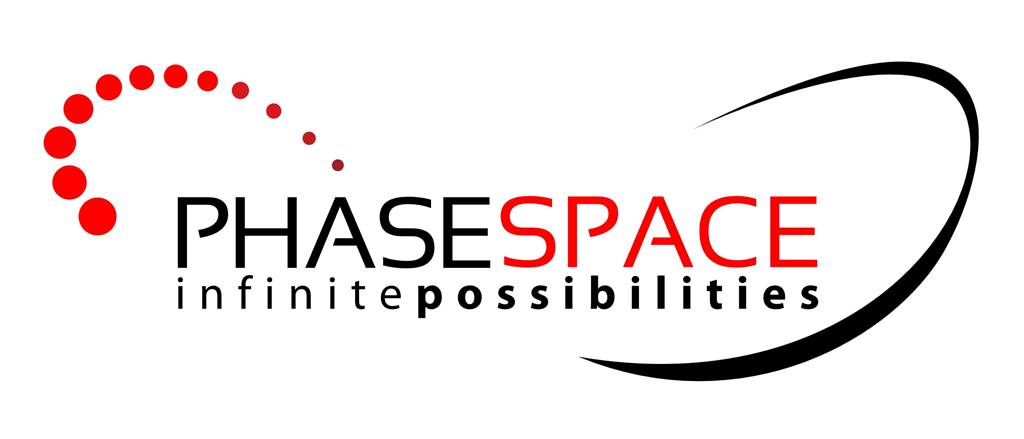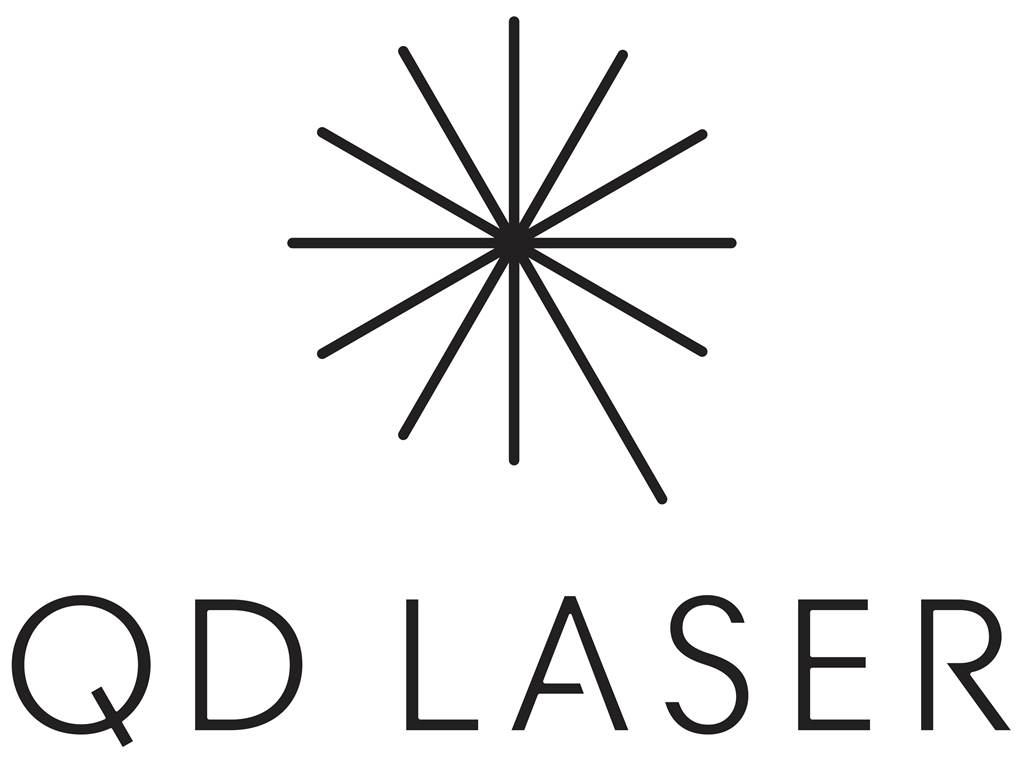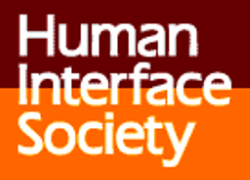Panels
We have 3 Panels so far more information coming soon!
Panel: Implementing Virtual Reality at Scale in the Field – Challenges of Spaces and Places
Monday, March 25th, 2019
Overview
With the introduction of high-quality consumer-grade virtual reality (VR) systems, VR is now being used regularly outside of the confines of dedicated laboratories. Exploiting the new-found affordability and quality of VR systems in a wider range of less-controlled spaces and places may be far more challenging, but also holds great potential for addressing major societal challenges. To better understand this potential, VR researchers must step outside of the familiarity of their controlled laboratories to perform research in the field.
VR research in the field differs from other field research, as within VR, researchers have tight control over the immersed senses, where every stimulus is predetermined and every response is measured at granular levels. These VR simulations have introduced novel approaches to old problems that were not feasible with traditional approaches. Patients with PTSD may be treated with exposure to virtual war zones, tailored to meet each patient’s progress. Virtual agents may coach and counsel an individual to maximize learning or health outcomes. Deploying these experiences into natural, common environments for entertainment, education, and healthcare is certainly promising.
However, the challenges of scaling up VR in natural environments have been underexplored. This panel addresses the challenges of implementing VR in the field, focusing on the barriers of space and place. The physical “space” in which VR systems are set up, such as hospitals and museums, pose unforeseen problems specific to the physical location. VR systems must be able to fluidly process a large number of simultaneous users new to the technology, as well as secure safe play spaces in areas that were not designed for VR implementation. “Place” problems arise when researchers must resolve complex layers of logistical issues to ensure that the VR system works reliably, including administrative hurdles, sudden changes in space, working around day-to-day operations, or power outages. Perhaps the greatest challenge is that each context introduces a new set of space and place complications that are difficult to predict. The experience and knowledge garnered while conducting a VR study in one place (e.g., hospital) does not necessarily carry over into another (e.g., school). Furthermore, the valuable experience and knowhow of each researcher remains largely anecdotal, rather than being systematically recorded and delivered to other researchers interested in similar studies.
The panel contributes to our current knowledge of testing the efficacy of VR systems in the following ways: (1) each panelist brings unique experiences of large-scale VR studies in the field while maneuvering the space and place challenges posed in different settings, (2) the panel will translate the experiences of each panelist into actionable solutions for scholars and practitioners interested in conducting VR studies in the field, and (3) the discussions will serve as impetus for further efforts to take VR studies out of the laboratory, and “into the wild.” An open dialogue of successes and failures in applying VR outside of the vacuum of controlled laboratories is anticipated to help the field advance toward realizing ubiquitous VR.
Moderator
Sun Joo (Grace) Ahn
University of Georgia
Sun Joo (Grace) Ahnun Joo (Grace) Ahn is an Associate Professor at the Grady College of Journalism and Mass Communication, University of Georgia. She is the founding director of the Games and Virtual Environments Lab, supported by the National Science Foundation and National Institutes of Health. Her main program of research investigates how interactive digital media such as virtual and augmented reality transform traditional rules of communication and social interactions, looking at how virtual experiences shape the way the way that people think, feel, and behave in the physical world.
Kyle Johnsen
The University of Georgia
Kyle Johnsen is an Associate Professor in Electrical and Computer Engineering at the University of Georgia, where he directs the Georgia Informatics Institutes for Research and Education and the Virtual Experiences Laboratory. For the past decade, Dr. Johnsen has studied the design and impact of immersive VR interfaces in a variety of contexts, ranging from short-term laboratory-based studies to long-term field deployments with the intended end-users. The latter has included a museum exhibit, medical and veterinary training systems, interactive simulations for engineering education, and a current health promotion intervention that is installed for 6-months within urban and suburban after-school programs.
Panelists
Christoph Borst
The University of Louisiana
Christoph Borst is an Associate Professor of Computer Science at the University of Louisiana at Lafayette, where he directs the CACS VR Lab. His research includes 3D interaction methods and VR applications for scientific visualization, training, and education. He recently led the development of a networked VR framework for VR field trips in high schools, using consumer VR and emerging gigabit networks to let students meet remote expert guides in VR. Results included “in the field” assessments at three high schools, a week-long networked deployment connecting two gigabit communities, and demonstrations of long-distance operation traversing up to 12,000 miles of fiber optic cable. Christoph obtained a PhD from Texas A&M University in 2002, researching haptics for whole-hand VR interaction.
Erica Southgate
University of Newcastle
Erica Southgate is an Associate Professor at University of Newcastle, Australia. She is recognised for ‘surfing the next wave’ of technology enhanced learning for social justice in education. Erica is lead investigator on the VR School Study which explores learning using of highly immersive virtual reality in high school STEM and Creative and Performing Arts classrooms (https://vrschoolresearch.com/). Erica is also a content developer for serious computer games and has recently designed a virtual open world game for literacy learning. She is currently leading a project to develop a road map for the future of AI and emerging technologies (VR, AR, MR) in Australian schools.
Sabarish Babu
Clemson University
Sabarish Babu is an Associate Professor in the School of Computing at Clemson University. Sab received his PhD degree in Information Sciences in 2007 at the University of North Carolina at Charlotte. He also received a BS in Microbiology in 2000 and an MS in Informatics in 2002 at the University of North Carolina at Charlotte. Sab co-directs the virtual environments research group in the School of Computing at Clemson University. Broadly, Sab’s research interests are in Virtual Reality and 3D Human-Computer Interaction. Specifically, Sab has been conducting research more recently in the areas of Medical Virtual Reality for Training and Education, Applied Perception in Graphics and Visualization, and Virtual Reality in STEM and Computational Thinking K-12 education.
Maki Sugimoto
The University of Tokyo Research Center for Advanced Science and Technology
Maki Sugimoto is a surgeon, social entrepreneur, and visiting research fellow of The University of Tokyo Research Center for Advanced Science and Technology.
Dr. Sugimoto has held various positions in research and medical practice. He was a visiting fellow of the Veterans Affairs Palo Alto Health Care System between 2008-2009, an Associate Professor of Kobe University Graduate School of Medicine in Kobe between 2009-2017, an Associate Professor of International University of Health and Welfare Graduate School in Tokyo between 2017-2018. Most recently, he is the co-founder and COO of Holoeyes Inc., a Tokyo based company that provides VR and AI applications of the big data of medical informatics.
Holoeyes won the Microsoft Innovation Award and the Rakuten Technology & Innovation Award in 2018. Holoeyes has been selected as one of the “J-Startup” cutting-edge startups in the global market from the Japanese Ministry of Economy, Trade and Industry in 2018.”
Panel: Virtual Reality Curriculum
Wednesday, March 27th, 2019
Overview
We propose a panel for IEEE VR 2019 on virtual reality (VR) curriculum. Many practitioners in our community are associated with academic institutions, and in addition to performing research teach future generations about VR. VR curriculum is relevant for both academic and industry practitioners.Novices teaching a course would like guidance on what to teach. Experts will like new ideas. And, industry professionals may provide insight into desirable skills for students. Unlike many other computer science fields, there is currently
no standardized curriculum for virtual reality. Virtual reality is becoming more mainstream and more colleges are adding a virtual reality course to their curriculum, however these courses are not always being designed or guided by field experts. In this panel we bring together VR experts who have been teaching VR at the undergraduate and graduate levels to discuss topics including, but not limited to:
- What are the essential topics for all VR courses?
- What sub-disciplines are necessary for VR?
- What hardware is needed to teach VR courses?
- Would it be possible to propose a standardized curriculum? And, what are the next steps?
- How do we design a curriculum that will change with the times?
- What are the unique challenges in teaching VR course?
Moderator
Tabitha Peck
Davidson College
Tabitha Peck, Ph.D. is the organizer and moderator for the panel. Tabitha is a professor of Mathematics and Computer Science at Davidson College where she teaches an undergraduate virtual reality class. She completed her Ph.D. in computer science from The University of North Carolina at Chapel Hill in 2010 and has worked in numerous virtual reality research labs including the Palo Alto Research Center and the Experimental Virtual Environments (EVENT) Lab for Neuroscience at the University of Barcelona. Her research interests include the psychological implications of fully immersive body-swap illusions, including implications of racism and stereotype threat, and locomotion interfaces in virtual environments. She is an associate editor for Presence: Teleoperators and Virtual Environments and serves on the ACM SIGGRAPH education committee and the IEEE Virtual Reality program committee.
Panelists
Bobby Bodenheimer
Vanderbilt University
Bobby Bodenheimer, Ph.D. is an Associate Professor of Computer Science at Vanderbilt University. His current research is in the area of virtual reality, specifically how people learn and interact in virtual spaces. This work involves approaching fundamental questions about perception and action in the context of immersive virtual environments and the technologies that build them. Pursuing these questions leads to technological innovation in the design of virtual systems. His recent work using commodity level head-mounted displays involves questions of self-avatars, affordances, and distance perception.
Doug A. Bowman
Virginia Tech
Doug A. Bowman, Ph.D. is the Frank J. Maher Professor of Computer Science and Director of the Center for Human-Computer Interaction at Virginia Tech. He is the principal investigator of the 3D Interaction Group, focusing on the topics of three-dimensional user interface design and the benefits of immersion in virtual environments. Dr. Bowman is one of the co-authors of 3D User Interfaces: Theory and Practice. He has served in many roles for the IEEE Virtual Reality Conference, including program chair, general chair, and steeering committee chair. He also co-founded the IEEE Symposium on 3D User Interfaces (now part of IEEE VR). He received a CAREER award from the National Science Foundation for his work on 3D Interaction, and has been named an ACM Distinguished Scientist. He received the Technical Achievement award from the IEEE Visualization and Graphics Technical Committee in 2014. His undergraduate degree in mathematics and computer science is from Emory University, and he received his M.S. and Ph.D. in computer science from the Georgia Institute of Technology.
Gerard Jounghyun Kim
Korea University
Gerard Jounghyun Kim Ph.D. is a Professor of computer science at Korea University. His research interests include human centered computing, data visualization, interaction, unser-interface design, and virtual reality. He was a visiting scientist at the University of Southern California, and is the author of Human-Computer Interaction: Fundamentals and Practice.
Benjamin Lok
The University of Florida and Shadow Health, Inc.
Benjamin Lok, Ph.D. is a Professor in the Computer and Information Sciences and Engineering Department at the University of Florida and co-founder of Shadow Health, Inc., an education company. His research focuses on virtual humans and mixed reality in the areas of virtual environments, human-computer interaction, and computer graphics. Professor Lok works on improving society through helping people communicate better by training with virtual humans. His research group, the Virtual Experiences Research Group, focuses on using virtual human technology to help real people tackle problems such as suicide, mental health, understanding health risks, reduce bias, and communicate better. Professor Lok also teaches hundreds of students to improve the social good through using virtual reality in his course
VR for the Social Good.
Luciana Nedel
Federal University of Rio Grande do Sul (UFRGS)
Luciana Nedel, Ph.D. works at Federal University of Rio Grande do Sul (UFRGS), where she has an assistant professor position since 2002. She is involved on education at Undergraduation and Graduation Courses on Computer Science and Computer Engineering. She is also supervising Undergraduate, Master and PhD students and making research in the Computer Graphics Group, at Informatics Institute, UFRGS. Luciana received a Ph.D in Computer Science from Swiss Federal Institute of Technology (EPFL), Lausanne, Switzerland under the supervision of Prof. Daniel Thalmann. Her main interests include: virtual reality, interactive visualization, non-conventional interaction and computer graphics. In these fields, she published more than 180 scientific articles. She is member of the Institute of Electrical and Electronics Engineers (IEEE), and of the Brazilian Computer Society (SBC).
Anthony Steed
University College London
Anthony Steed, Ph.D. is a Professor in the Virtual Environments and Computer Graphics group in the Department of Computer Science, University College London. He is currently head of the group. His research area is real-time interactive virtual environments, with particular interest in mixed-reality systems, large-scale models and collaboration between immersive facilities. The group runs a CAVE-like facility and several other high-end virtual reality systems. He is currently deputy head of department. He was director of the Engineering Doctorate Centre in Virtual Environment, Imaging and Visualization from 2005- 2013 and 2014-2018. Previously he was responsible for external relations for the department and remains active in a number of technology transfer initiatives. In 2018-2019 he was a Visiting Researcher at Microsoft Research in Redmond.
